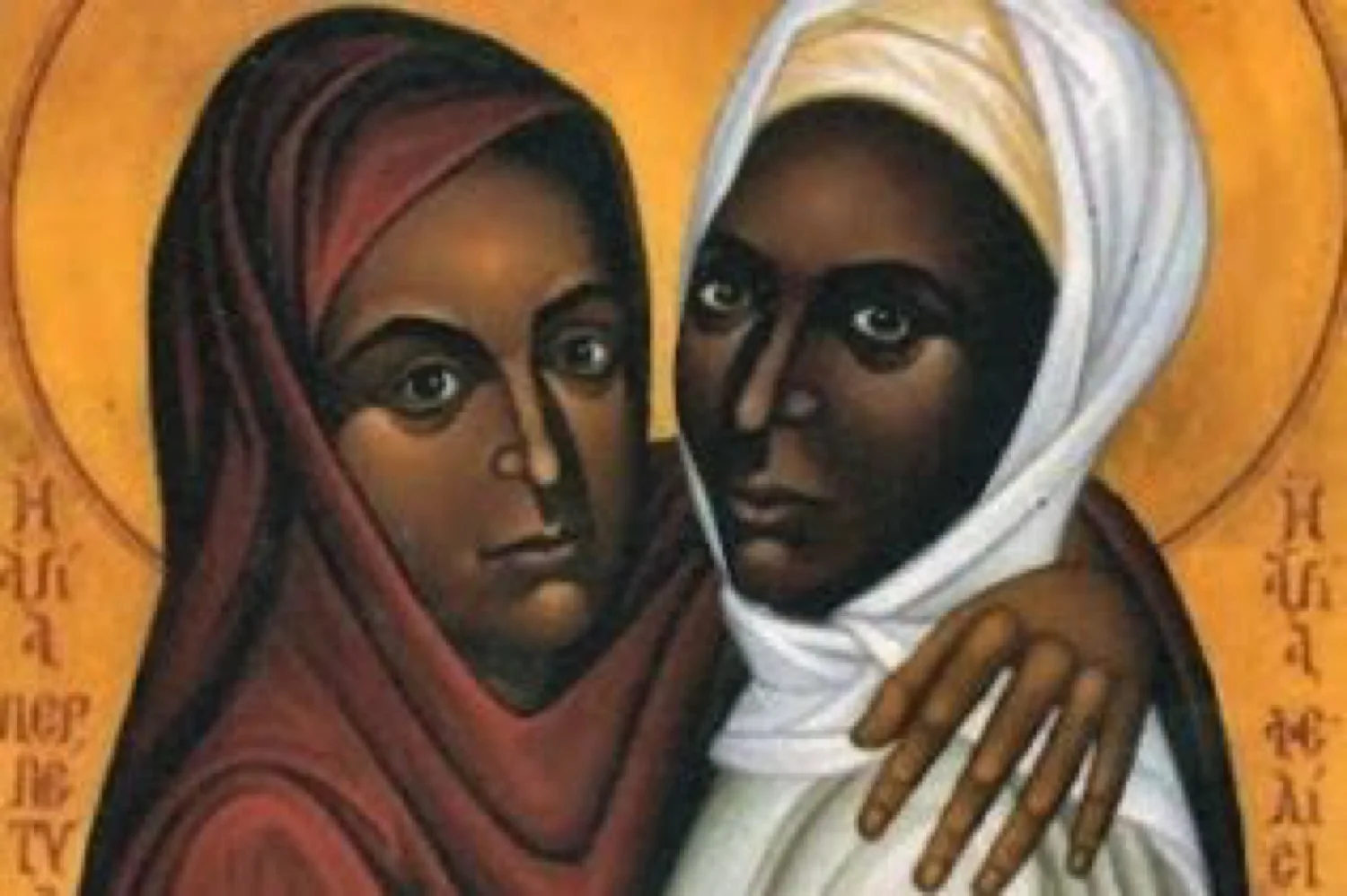Readings for today: Genesis 50, Exodus 1-2:10, Matthew 16:13-17:9, Psalms 21, Proverbs 5:1-6
“Now there arose a new king over Egypt, who did not know Joseph.” (Exodus 1:8) One of the darkest chapters in Israel’s history begins with these ominous words. A new Pharaoh has risen. One who did not know Joseph. One who had forgotten what God had done for Egypt through Joseph. One who saw Joseph’s descendents as a threat to his power. One can understand his trepidation. A foreign people living on the eastern edge of the Nile delta who have multiplied exceedingly over the generations and grown strong. They worship a strange god you do not know. They have strange customs you do not follow. They speak a foreign language you do not understand. It is easy to understand the source of this new Pharaoh’s fear.
So he takes action. He enslaves them. Subjects them to abuse, harsh treatment, and a lifetime of hard labor. But the more they oppressed the Israelites, the more numerous and powerful they became. Anxious about the potential of an uprising, Pharaoh calls for draconian population control. He orders the midwives to kill every male child that is born. In this way, he hopes to reduce their numbers to a more manageable size. But the midwives courageously defy the king. Denying themselves, they save the male children from death. It’s an incredible act of faith.
Shiprah and Puah. Their names are important. Two ordinary women engaged in an ordinary profession. There is nothing remarkable about them. Nothing special or unique. They have no biblical training. No seminary degree. They come from no special lineage and carry no family name. We do not know their tribe or their background. We simply know their names. Their occupation. And the one thing that does set them apart...their fear of God. These two women pave the way for Israel’s deliverer, Moses, to be born. They make it possible for God’s salvation to come. Through their act of selfless obedience, they create the conditions for what will become the seminal event in Judaism. The Exodus. Without them, there is no Charleton Heston. :-) No Ten Commandments. No Moses. Without them, there is no parting of the Red Sea or journey to the Promised Land. Without them, the Hebrews eventually die out. Cease to exist. The covenant God made with Abraham would be broken and all of salvation history go defunct. All because two women decided to obey God and perform their professional duties faithfully under threat of death.
Do you think about your profession in this way? Do you connect what you do with what you believe? Is God on your radar screen as you go about your day to day activities? It’s amazing how often God uses the ordinary and mundane to accomplish His purposes. In my experience, it is not the pastors and church leaders who move the dial of the Kingdom but the faithful man or woman who often goes unnoticed. They spend their days working at their job. Caring for their families. Praying and studying the Bible. And eternity moves at the sound of their voice. The wheel of God’s salvation history turns by their hand. It’s truly amazing. What could God do with an accountant? A truck driver? A fast food worker? A sanitation engineer? What could God do with a doctor? A lawyer? A university professor? What could God do with a teacher? A mother? A father? A friend? The answer is...everything. Anything. God uses those who are available and humble and willing. Does that describe you?
Readings for tomorrow: Exodus 2:11-3:22, Matthew 17:10-27, Psalms 22, Proverbs 5:7-14
